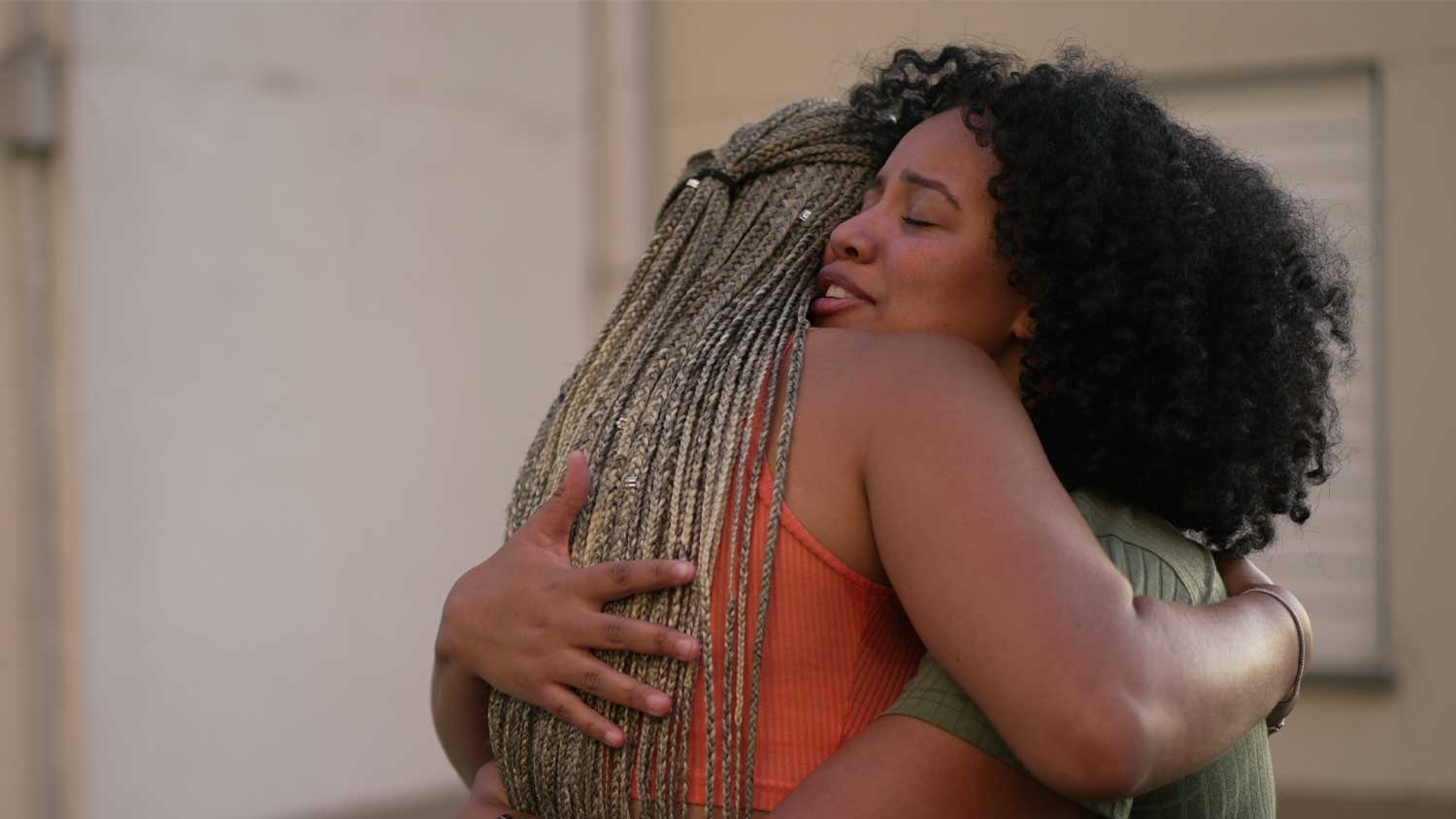Chances are your child is projecting strong emotions of anger and frustration but don’t really mean what they’re saying. Regardless, it still hurts. The hateful response is usually because you wouldn’t let them do something, and they combat their feelings with a fight response. At the end of the day, the issues at hand are communication and emotional regulation. It is a learning process in which your child can learn to be more productive in sharing their feelings. It’s also a way for your child to think about how they’re feeling and how to say it.
As a parent, it can be tough to process hearing “I hate you.” The most important thing is how you respond to your child. Your response is the only thing you can control after all.
Response
Don’t react to your child with emotions of defensiveness, shame or anger. Gauge your emotion level instead and focus on how your response can turn into a learning opportunity for your child. Parents are faced with many challenges with different ages and it’s beneficial to know how to approach each stage of life.
How to Respond: Toddlers
It’s not common for toddlers to use “I hate you” a lot. But when they do and you confront them about it, use words that your toddler can understand. Assuring them that they cannot say “I hate you” but say “I am angry” will help teach your child how they can alter their language to share how they’re feeling.
How to Respond: Preschoolers
Children ages 3-6 need a similar response to toddlers, but this is an opportunity for you to dive deeper into the emotions of your child. This allows you to help them learn about coping with their feelings. Explain how powerful words are and that saying you hate someone can be extremely hurtful.
How to Respond: Elementary
Most of the time, an elementary age child telling their parents they hate them is a way to infuriate the parent. Your child could be trying to tell you that there’s too much control on their lives. A good way to respond to your child is to acknowledge that they cannot speak to you like that and try to calm them down. Then, aim to discuss the cause of their outburst and frustration. Listen to your child’s feelings and assure them that sometimes it can be hard to do things that you don’t want to do, but tell them that you need help around the house or have to take care of their hygiene by brushing their teeth. The more that can be explained to your child, the better.
How to Respond: Middle and High Schoolers
As your kids grow into their early and mid-teenage years, they’re in the stage of life where they start to discover independence. Acting out and testing the waters are expected as your kids start to experience maturity. If your child tells you they hate you, explain how you both may not see eye to eye. Explain how the parents’ job is not to agree with their child on everything, but to provide and take care of them until they can take care of themselves on their own. Continue to explore the way your child feels and take their feelings into consideration. Moving forward, if you encourage your child to be more honest with their feelings, they can experience gradual independence if there’s trust between the two of you.
Parenting is hard, but you are not alone. Your children belong to the Lord, first! Press into Him through this journey. Ask for peace and wisdom and He will hold your hand and walk the journey with you.














